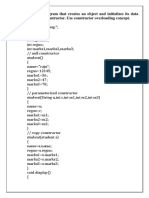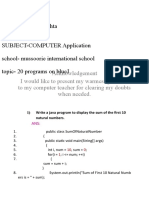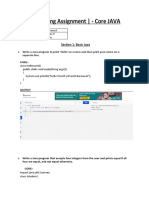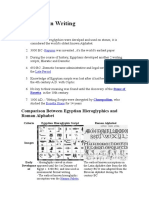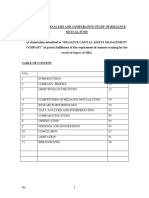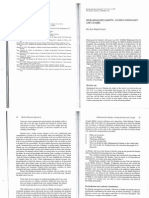0% found this document useful (0 votes)
10 views26 pagesBig Data
The document outlines a series of Java programs and their solutions for various computational tasks, including arithmetic operations, factorial calculation, Fibonacci series, linear search, bubble sort, and word count. It also details interactions with HDFS, such as copying files, running MapReduce jobs, and managing input/output directories. Each program includes code snippets and expected outputs, demonstrating practical applications of Java in data science and big data environments.
Uploaded by
immortalsoul767Copyright
© © All Rights Reserved
We take content rights seriously. If you suspect this is your content, claim it here.
Available Formats
Download as PDF, TXT or read online on Scribd
0% found this document useful (0 votes)
10 views26 pagesBig Data
The document outlines a series of Java programs and their solutions for various computational tasks, including arithmetic operations, factorial calculation, Fibonacci series, linear search, bubble sort, and word count. It also details interactions with HDFS, such as copying files, running MapReduce jobs, and managing input/output directories. Each program includes code snippets and expected outputs, demonstrating practical applications of Java in data science and big data environments.
Uploaded by
immortalsoul767Copyright
© © All Rights Reserved
We take content rights seriously. If you suspect this is your content, claim it here.
Available Formats
Download as PDF, TXT or read online on Scribd
/ 26



